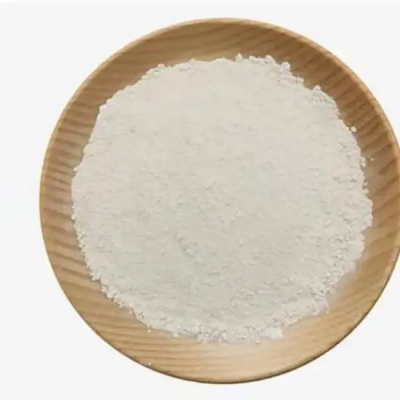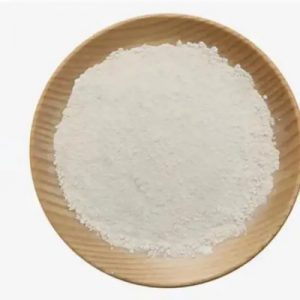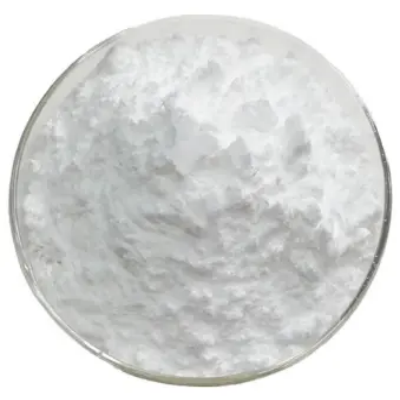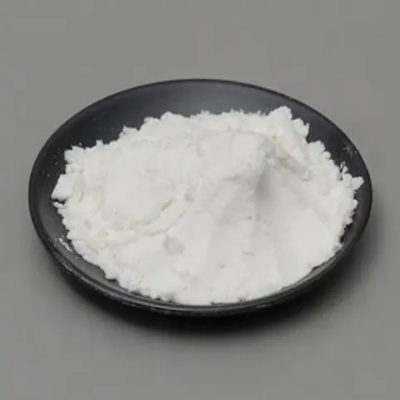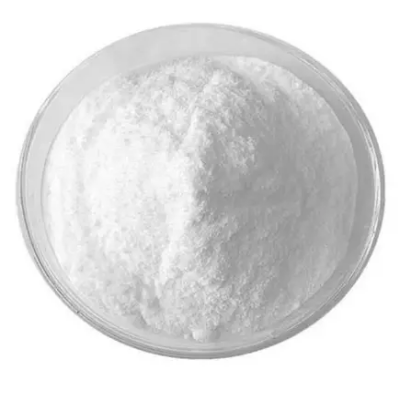1-(4-Methoxyphenyl)piperazine dihydrochloride CAS:38869-47-5
1-(4-Methoxyphenyl)piperazine dihydrochloride finds extensive use in pharmaceutical synthesis and research applications. One significant application of this compound is its role as a versatile intermediate in the synthesis of pharmaceutical drugs. It serves as a crucial building block in the preparation of diverse therapeutic agents, allowing chemists to introduce specific functionalities or structural modifications to enhance drug efficacy or minimize side effects. By incorporating 1-(4-Methoxyphenyl)piperazine dihydrochloride into drug synthesis, researchers can optimize lead compounds and develop new pharmaceuticals targeting various diseases and conditions. Moreover, this compound plays a crucial role in medicinal chemistry research. Medicinal chemists utilize 1-(4-Methoxyphenyl)piperazine dihydrochloride to explore structure-activity relationships (SAR) by modifying its structure and evaluating resulting biological activities. By systematically altering the functional groups attached to the piperazine core, researchers gain insights into interactions between molecules and their biological targets. These SAR studies facilitate the optimization of lead compounds and the development of more potent and selective drugs, ultimately contributing to advancements in pharmaceutical research. Additionally, 1-(4-Methoxyphenyl)piperazine dihydrochloride is valuable in biochemical and neuroscience research. Its potential to interact with neurotransmitter receptors, such as serotonin receptors, makes it a critical tool in studying receptor function and drug-receptor interactions. Scientists employ this compound to evaluate the effects of modifications on target binding affinity and selectivity, aiding in the understanding of drug action and potential treatment options for neurological disorders. Furthermore, this compound finds utility in neuropharmacology research, where it is utilized to investigate the mechanisms underlying neurological disorders. The ability of 1-(4-Methoxyphenyl)piperazine dihydrochloride to interact with specific receptor subtypes involved in neurotransmission makes it valuable for studying neuronal function and exploring potential treatments for neurological conditions. Researchers rely on this compound to evaluate its effects on neurotransmitter systems and assess its potential as a therapeutic agent for conditions such as depression, anxiety disorders, and other psychiatric disorders. When working with 1-(4-Methoxyphenyl)piperazine dihydrochloride, it is essential to follow proper safety precautions. The compound should be handled in well-ventilated areas, and personal protective equipment, including gloves and goggles, should be used to minimize direct contact. Additionally, ensuring proper storage conditions, such as keeping the compound in a cool and dry environment, is necessary for maintaining its integrity and stability. In conclusion, 1-(4-Methoxyphenyl)piperazine dihydrochloride is a versatile compound widely used in pharmaceutical synthesis and research endeavors. Its importance as an intermediate in drug synthesis, as well as its application in medicinal chemistry, neuroscience, and neuropharmacology research, highlights its significance in advancing scientific knowledge and drug development. The compound's unique properties and potential for interaction with biological targets make it a valuable tool for organic chemists and researchers in various scientific and pharmaceutical disciplines.



| Composition | C11H18Cl2N2O |
| Assay | 99% |
| Appearance | white powder |
| CAS No. | 38869-47-5 |
| Packing | Small and bulk |
| Shelf Life | 2 years |
| Storage | Store in cool and dry area |
| Certification | ISO. |


